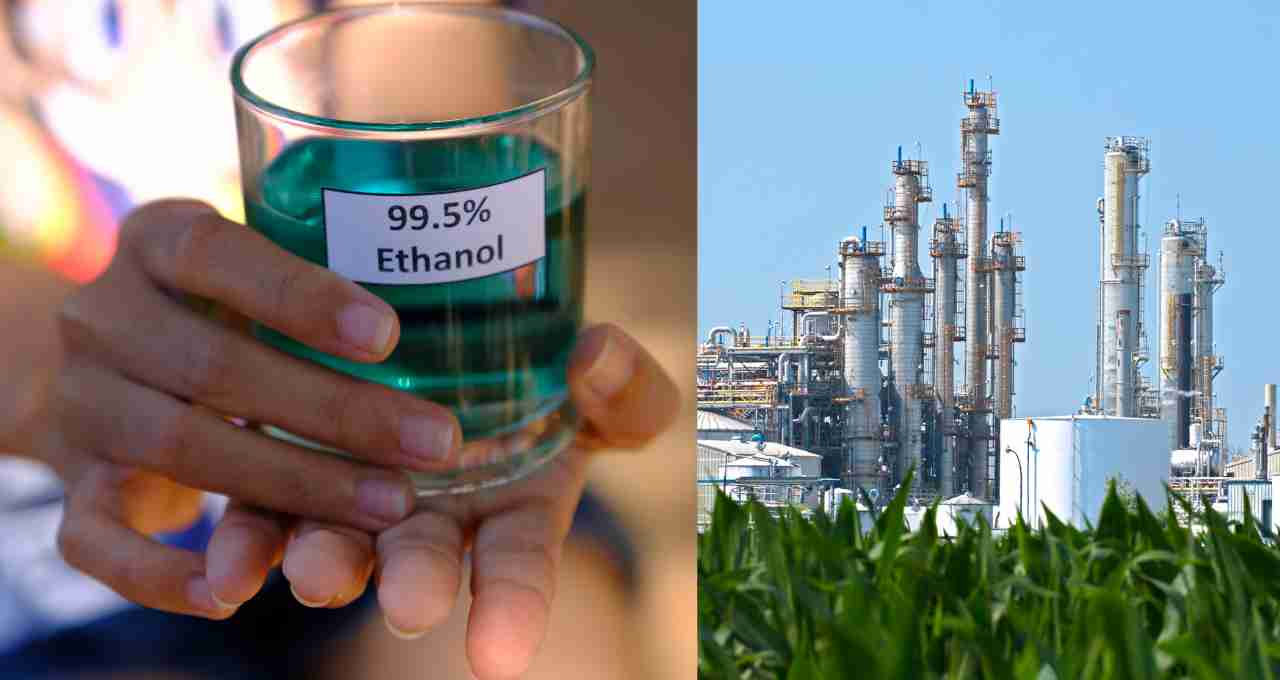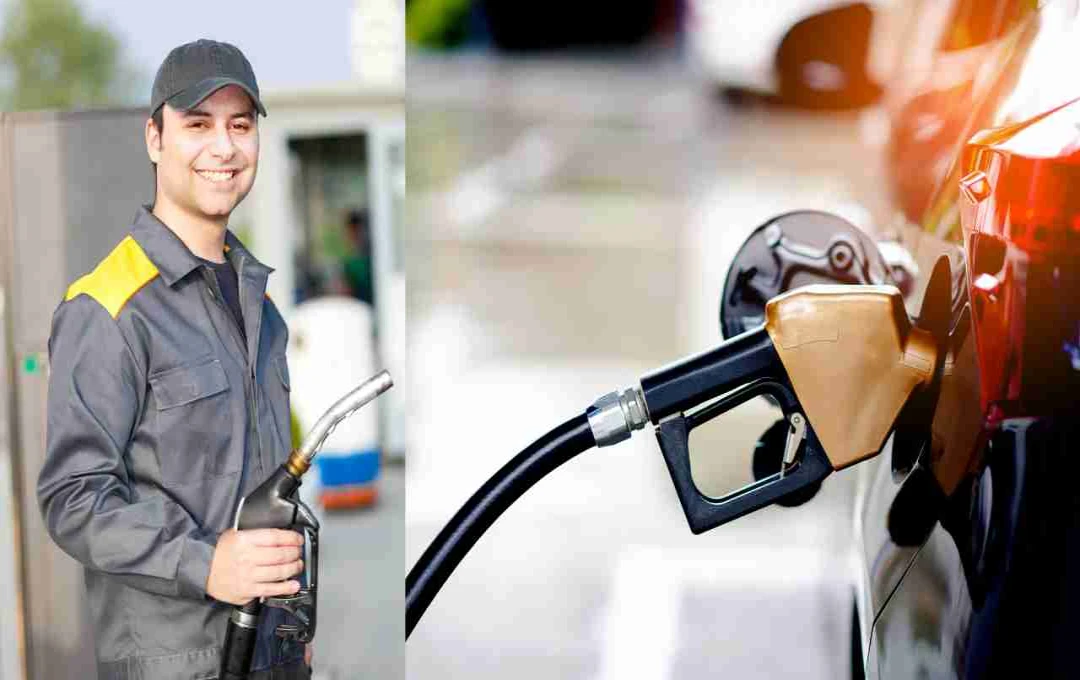Using premium petrol in regular cars doesn't significantly improve mileage or performance. Regular E20 petrol, with similar octane and ethanol levels, is a safe alternative. For high-performance or older cars, 100 RON petrol can be beneficial as it is ethanol-free and engine-friendly.
Petrol: Car owners commonly believe that using premium petrol increases mileage, but according to experts, this is not true for all cars. Most cars manufactured after 2020 can run smoothly on E20 regular petrol, as it has an octane rating of 95-98 RON and a similar ethanol level. While premium petrol contains engine-cleaning additives, it offers only a very marginal difference in mileage or performance. 100 RON petrol is particularly beneficial for high-performance and older cars.
Difference Between Premium and Regular Petrol
After the implementation of BS6 norms in India in 2020, the minimum octane rating for petrol was increased from 88 RON to 91 RON. Currently, regular E20 petrol has an octane rating of approximately 95 to 98 RON. Similarly, premium petrol such as XP95 or Power95 also has roughly the same octane rating. The only difference is that premium petrol includes additives that help keep the engine clean.
Customers can also opt for 100 RON petrol, which is mostly ethanol-free, but it is approximately ₹60 per liter more expensive than regular petrol. Such petrol is only required for cars whose engines necessitate high-octane fuel.
Which Petrol for Which Car
Premium or high-octane petrol is generally designed for sports or high-performance cars. These cars have a higher engine compression ratio, allowing high-octane fuel to ensure smoother engine operation and reduced pollution.
If your car is a standard model and does not require high-octane fuel, using premium petrol will neither increase mileage nor performance. In some cases, it might even reduce fuel economy. Regular E20 petrol contains approximately 20 percent ethanol, which helps protect the engine from minor corrosion.
Importance of RON and Ethanol

RON (Research Octane Number) indicates how much compression petrol can withstand before auto-igniting. Fuels with a higher RON burn slower and are considered better for high-performance engines. Ethanol has the ability to absorb moisture in petrol, which can lead to water accumulation in the fuel and a decrease in octane when stored for extended periods.
100 RON petrol contains almost no ethanol. This petrol is designed for long-term storage and possesses properties that cause less damage to the engine.
Which Cars Require 100 RON Petrol
100 RON petrol is essential for older cars and those whose fuel systems cannot tolerate ethanol. Furthermore, for high-performance sports cars, 100 RON petrol like XP100 is considered superior. It is a non-corrosive, ethanol-free, and high-energy fuel that keeps the engine safe for a longer duration.
Benefits of Different Petrol Types
Regular E20 petrol is sufficient for standard cars. It has an octane rating of 95-98 RON, and the ethanol present helps keep the engine clean. Premium petrol contains additives that assist in keeping the engine clean, but it does not make a significant difference in mileage or performance.
The use of 100 RON petrol is only beneficial for cars that require high-octane fuel. It is ethanol-free and protects engine parts for a longer period.















